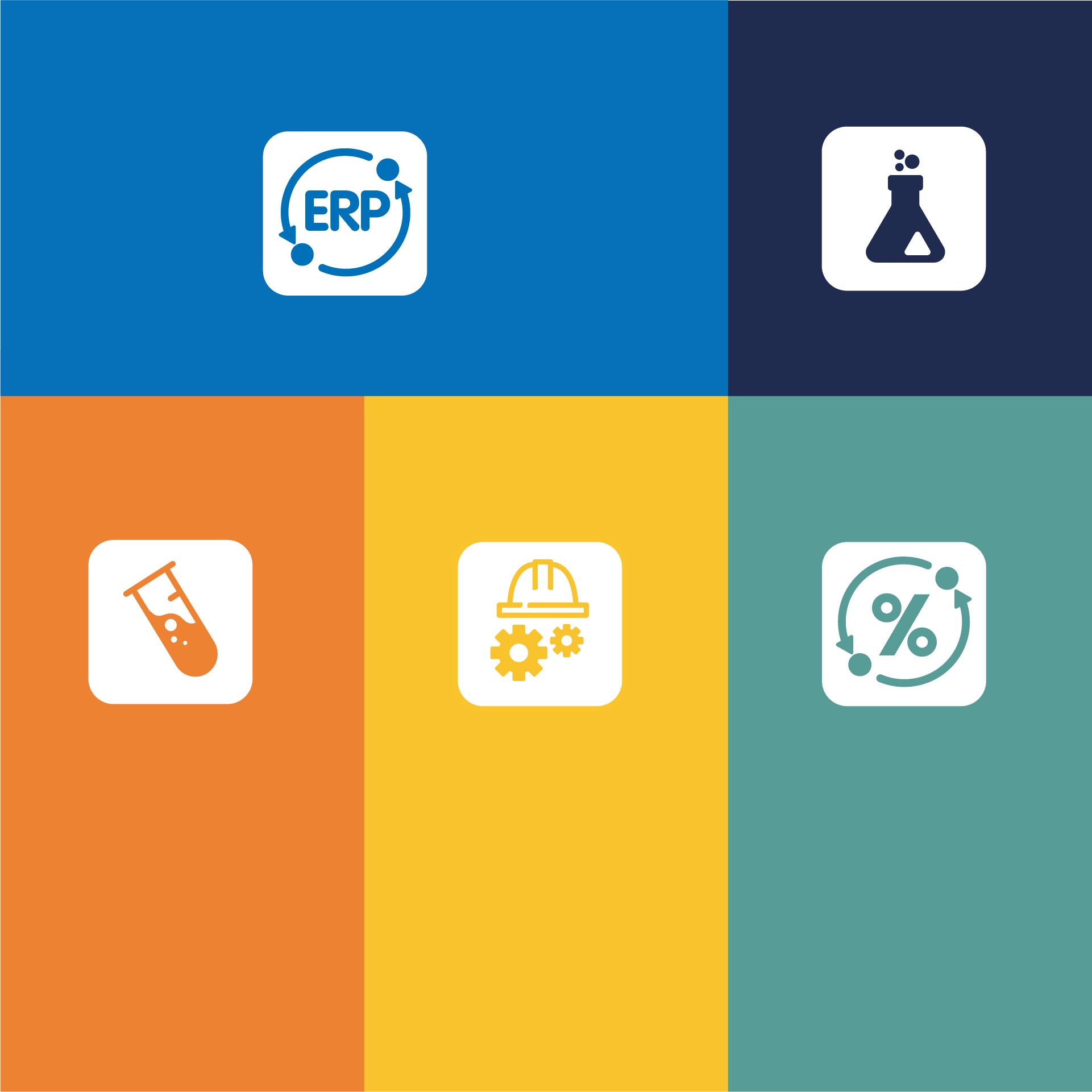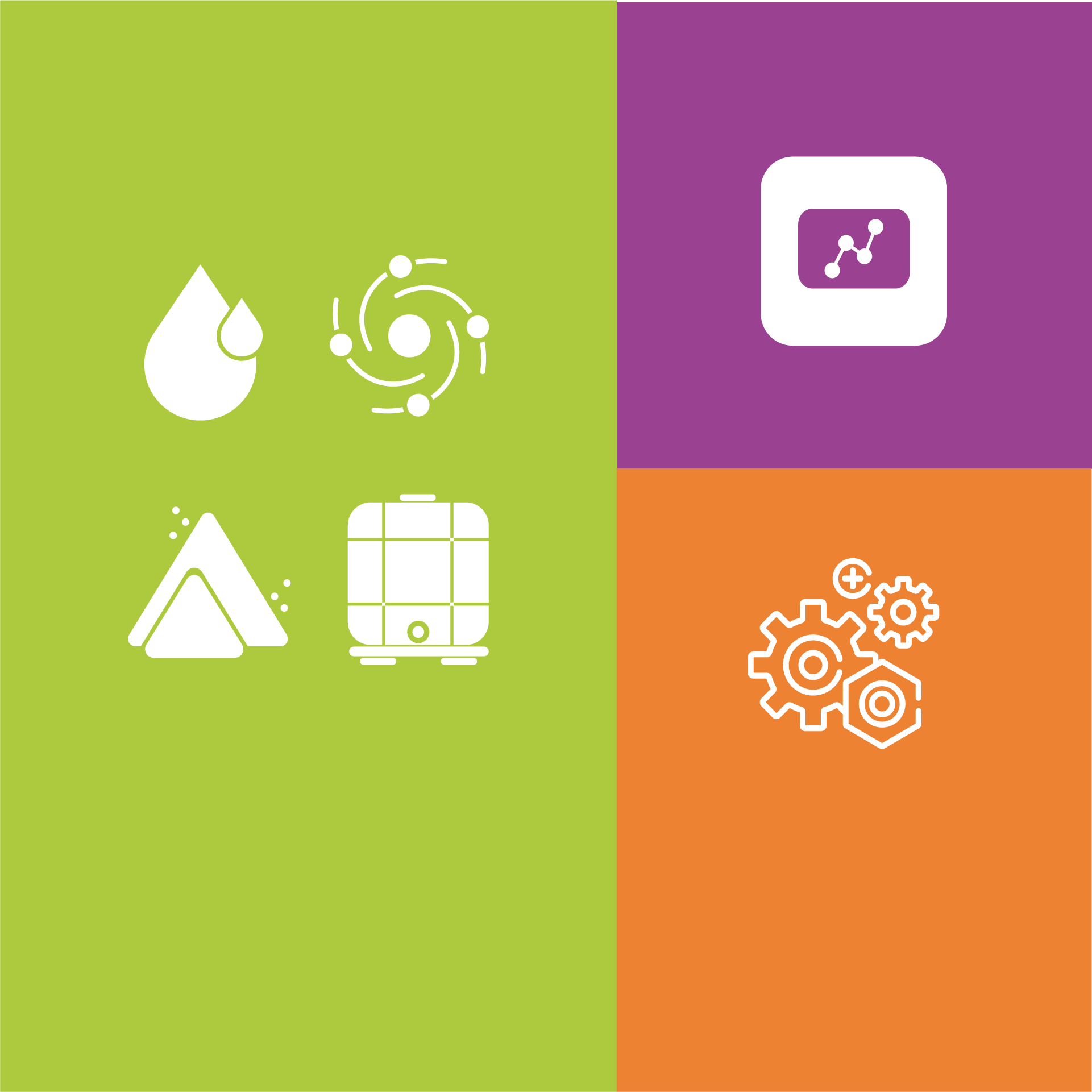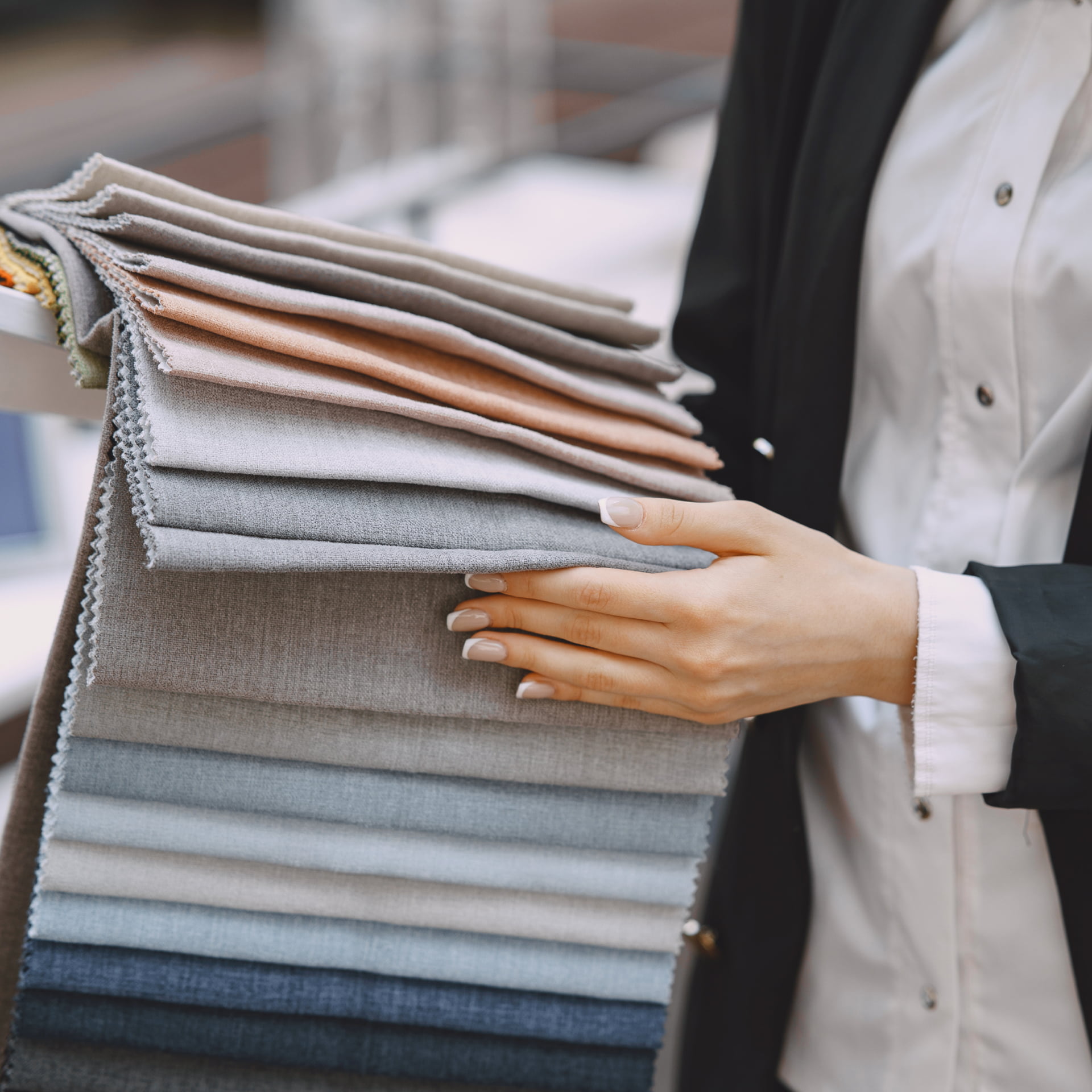Sustainability in the textile industry: Moving towards digitalisation and Industry 4.0
Nowadays we have many technological developments allowing us to carry out an infinite number of functions. It is worth highlighting among all of them, the business digitalization systems that help …
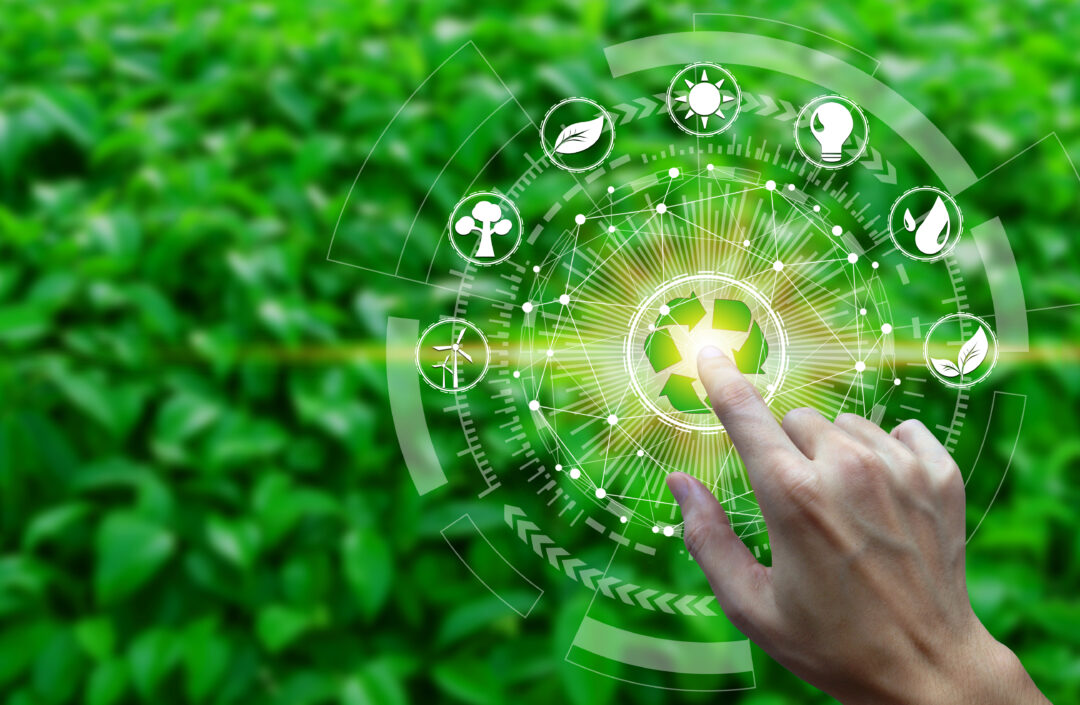
Nowadays we have many technological developments allowing us to carry out an infinite number of functions. It is worth highlighting among all of them, the business digitalization systems that help us to be more efficient and contributes to develop a more sustainable textile industry.
The transformation of raw materials, the manufacture of the yarn that will become fabric, the development of the chemical recipe that will colour the fabric, among other processes, are the ones that start the digitalisation chain.
The target is clear: to obtain relevant data to take full control of the different production processes.
Let’s talk about 4.0 industry in textiles!
The road to sustainable production
The biggest advantage of 4.0 technology is the access to data and to focus on cost reduction to develop a sustainable product. The collection and analysis of data helps us to take control, with a direct impact on our production process.
Let’s take an example:
Reoperation of fabrics due to problems in recipes, processes, dosages of chemicals and dyestuffs is common nowadays. The result of this action is a direct impact on the company. A setback in profit margins due to the waste of chemical products, steam, water and electricity. Productivity is also reduced since resources must be devoted to these reoperations in detriment of new production orders.
Besides of having an economic impact, we can categorically state that there is a direct ecological impact incrementing the waste and accentuating at the same time our footprint on the planet.
There are numerous initiatives by individual companies, collectives and associations that raise consumer awareness to adapt their purchasing decisions towards a more sustainable environment that guarantees transparency.
A public debate on the transformation of the textile industry towards sustainability is filled with news related to the use of recyclable materials – such as plastic bottles – for textile manufacturing, a growing movement against fast fashion and the unstoppable climate change that calls for urgent measures.
This situation forces textile companies to adapt to this demand by implementing measures to exceed these standards.
During the last years, the number of certifications to obtain eco-labels has grown. Many companies rely on external audits to help the digest all this data.
A recent study developed by Cornell University within the framework of the New Conversations Project (NCP) and published in the Sourcing Journal, indicates that the reliability percentage of these audits does not exceed 50%, so we could be talking about fraud when it comes to accrediting results.
This report shows that the main causes are the lack of experience and speed of the auditing companies to delve into specific technical issues. Also, the lack of experience in the field of safety or chemical products, very low prices that mean that the audit is taken by the highest bidder or even bribes from the companies so that they do not bring to light the clear non-compliance with the regulations.
Who owns the data, has the control
Production analytics is the best way to review each process and implement continuous improvements to develop a sustainable and profitable production at the same time.
The digitalisation and automation of production processes allows for a unique traceability of the process, from the procurement of raw materials to the manufacture of the final product.
Moreover, it helps us acquire the highest quality standards in line with environmental commitments. This is a crucial factor to obtain certifications that regulate quality standards such as Oeko-Tex standard 100, GOTS, Global Recyled Standard, or ISO. Or those required by many companies, leaders in their sector: CTW, RTM, etc.
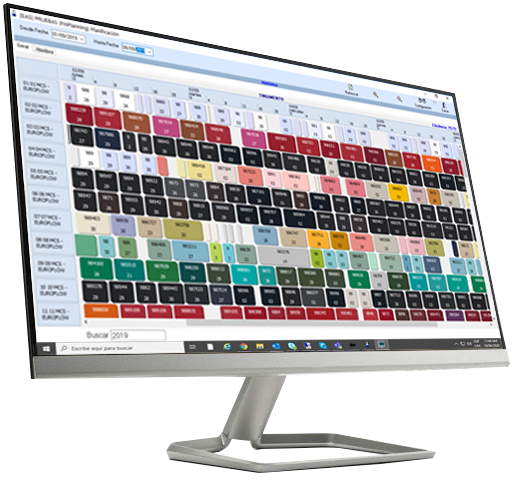
MES software programs such as InfoTint, allow us:
- Communication with most of the controllers available on the market.
- Integration of all sectors (dyeing, finishing, weaving, maintenance, laboratory, etc.) A total integration on the same software.
- Host driver, configurable by the customer himself, to connect with any ERP.
- Optimised recipes for specific processes.
- Formulas created to reduce process time and consumption.
- Calculation of formulas to apply the dye adapted to each type of fabric.
- Possibility of Smart Recipe generation, a completely autonomous recipe generation process, based on the rules and exceptions of each plant.
- OEE (Overall Equipment Effectiveness) efficiency control.
- Control of theoretical and real costs of the processes, including a process simulator for real production situation (collection tool).
- Consumption forecasting tool considering everything planned to deliver a view of the expected consumption of chemicals and dyes in each period, greatly improving the quality of purchases for the warehouse.
- Reporting.
Thanks to digitalisation, we can impact every part of our processes and measure efficiencies in fabric production, improve dye recipes, optimised production planning, save energy costs, and protect the water and carbon footprint.
We care about the future of the textile sector and its sustainability, so much so that we are concerned about being able to offer tools and solutions so that textile companies, with the automation of their processes, can minimize the footprint of their activity and contribute to a better textile world.
If you still don’t know your company’s path towards Industry 4.0, sustainability and/or the digital transformation of your process, write to us! We will be happy to help you.



